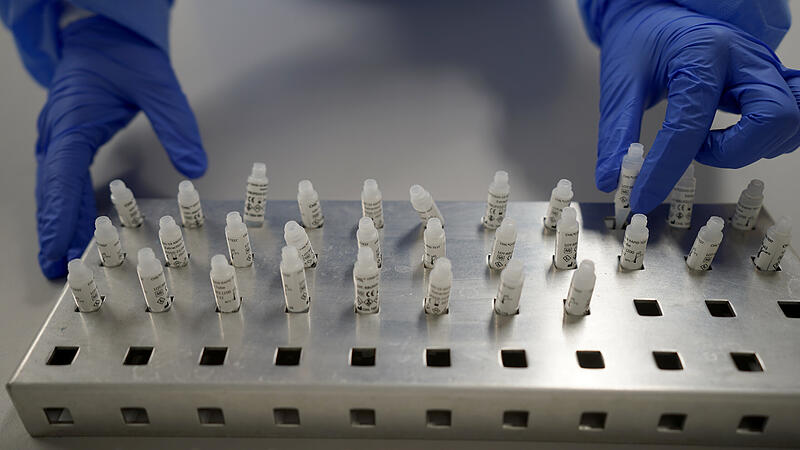With a modified protein originally from bananas, one could have a kind of universal active ingredient against corona viruses, such as the SARS-CoV-2 pathogen, in the future. The compound called “H84T-BanLec” has the ability to attach itself to special structures that are also common in flu viruses, but not in healthy body cells. A research team with Austrian participation has now presented promising data from animal models.
Corona viruses carry complex sugar, aka carbohydrate compounds – so-called high-mannose glycans – on their surface. This is also the case with the spike protein of the SARS-CoV-2 pathogen. Lectins are proteins that prefer to bind to carbohydrates. A team of researchers from the USA and Hong Kong (China), which also included Yoo Jin Oh and Peter Hinterdorfer from the Institute for Biophysics at the University of Linz, now took a close look at the lectin H84T-BanLec.
The scientists recently presented the results of the analyzes in the journal “Cell Reports Medicine”. H84T-BanLec comes from bananas and has been specifically modified for the researchers’ purposes. One of the reasons why such compounds have so far hardly been used therapeutically is that they can stimulate the body’s immune system in an unfavorable way by putting the T-cells on undirected alert, which leads to an excessive response of the immune system and thus unwanted inflammation can cause, as the researchers explained to the APA. The scientists ruled this out by precise molecular adjustment of the connection.
Linz researchers tracked the process using detailed analyses
This should primarily bring the desired property to bear – namely that the modified lectins attach themselves primarily to the glycans on the virus surface. If they stick together, so to speak, this prevents, for example, SARS-CoV-2 with its spike protein from docking with human cells and subsequently penetrating them.
The Linz researchers tracked this process using detailed analyzes with high-resolution atomic force microscopes. On the one hand, the spots on the spike protein where H84T-BanLec docks could be identified, and on the other hand, the scientists showed that these connections are very strong and diverse. This makes it difficult for the SARS-CoV-2 pathogen to protect itself from the accumulation of lectins, for example through mutations. Accordingly, numerous changes in the spike protein would be required for H84T-BanLec to no longer fulfill its function. But that is “unlikely,” according to the Linz researchers. Even when the team tried to specifically create resistant viruses, they were unable to create a variant that was immune to them.
Extensive applicability makes scientists positive
It is precisely this comprehensive applicability that makes the scientists positive. Because H84T-BanLec can attach itself to all pathogens that form high-mannose glycans. The researchers showed that the lectin can also be used against other seasonal and epidemic corona viruses, such as SARS or MERS, as well as against influenza viruses. It can also dock to hepatitis C, HIV, Ebola and herpes viruses. This makes it “an excellent opportunity for use in future seasonal epidemics and global pandemics,” the team said.
Funding options are currently being sought to establish the connection in the required clinical quality. Subsequently, in clinical tests, the active ingredient will be administered through the nose via a spray or drops and used to treat and prevent various diseases. The researchers also want to investigate whether the approach to combating cancer cells is promising, since they too carry such glycans on their surfaces.
Source: Nachrichten




